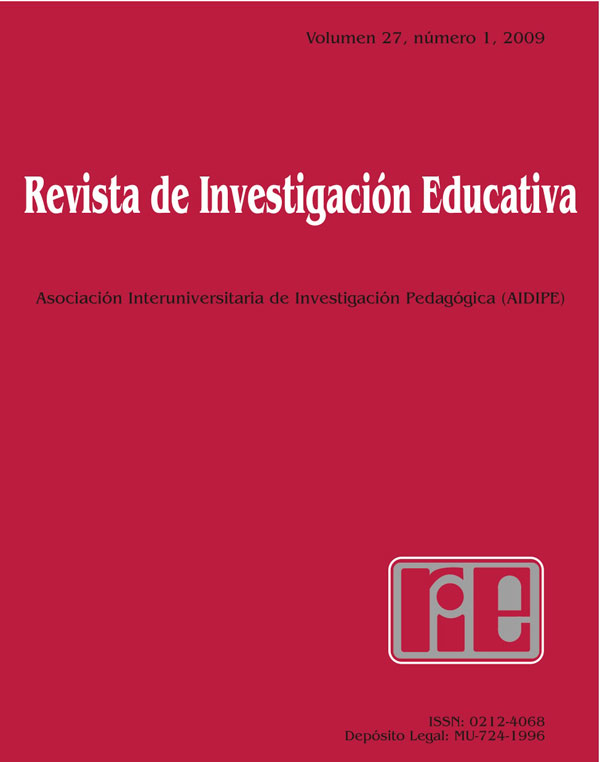Formación basada en competencias
Abstract
The starting point for this research is an overview of 21st century society. Mobility has imposed itself as a culture in its own right, and the teacher is now expected to “know”, “to know how to”, “to know how to be” and “to know how to be there”. As has been repeatedly shown by a long and extensive body of research which has its inspiration in the Delors report (1996), this new vision of education obliges us to overcome the purely instrumental view, where education is seen as the necessary route for obtaining given results (practical experience, skill acquisition, economic objectives, etc), and move on to consider the role of education in the fullest sense; the realisation of the person, enabling the individual to become everything he or she wants to be. Competence development based on training programmes requires changes in teaching strategies, in curricular approaches and in the traditional roles assigned to teachers and pupils. In this article the basic components of competence based training will be described and analysed. In the first place we examine the establishment of competence norms, and then coninue by looking at the diagnosis of training needs. Following this we outline a teaching methodology –based on a learning process which is structured in training modules. Finally an evaluation, recognition and accreditation process – which may or may not lead to some form of certification –is described.Downloads
-
Abstract10948
-
PDF (Español (España))8676
The articles and scientific documents published in RIE abide the following conditions:
1. The Servicio de Publicaciones de la Universidad de Murcia (the publisher) has the property rights (copyright) of all the documents published and allows the reuse under the user’s license indicated in point 2.
2. All documents are published in the digital edition of RIE under a Creative Commons Reconocimiento-NoComercial-SinObraDerivada 4.0 Internacional. (legal document) license. These documents can be copied, used, distributed, communicated and explained publicly if: i) the author(s) and its original source of publishing (magazine, publisher and URL of the document) are cited; ii) it is not used for commercial purpose; iii) the existence and the specifications about this license are mentioned.
3. Auto-archive’s conditions. The authors are allowed and encouraged to digitally distribute the pre-print versions (a version before evaluation) and/or post-print (a version that it is already evaluated and accepted to its publication). This promotes circulation and distribution earlier and can increase the citations and significance within the academic community.









